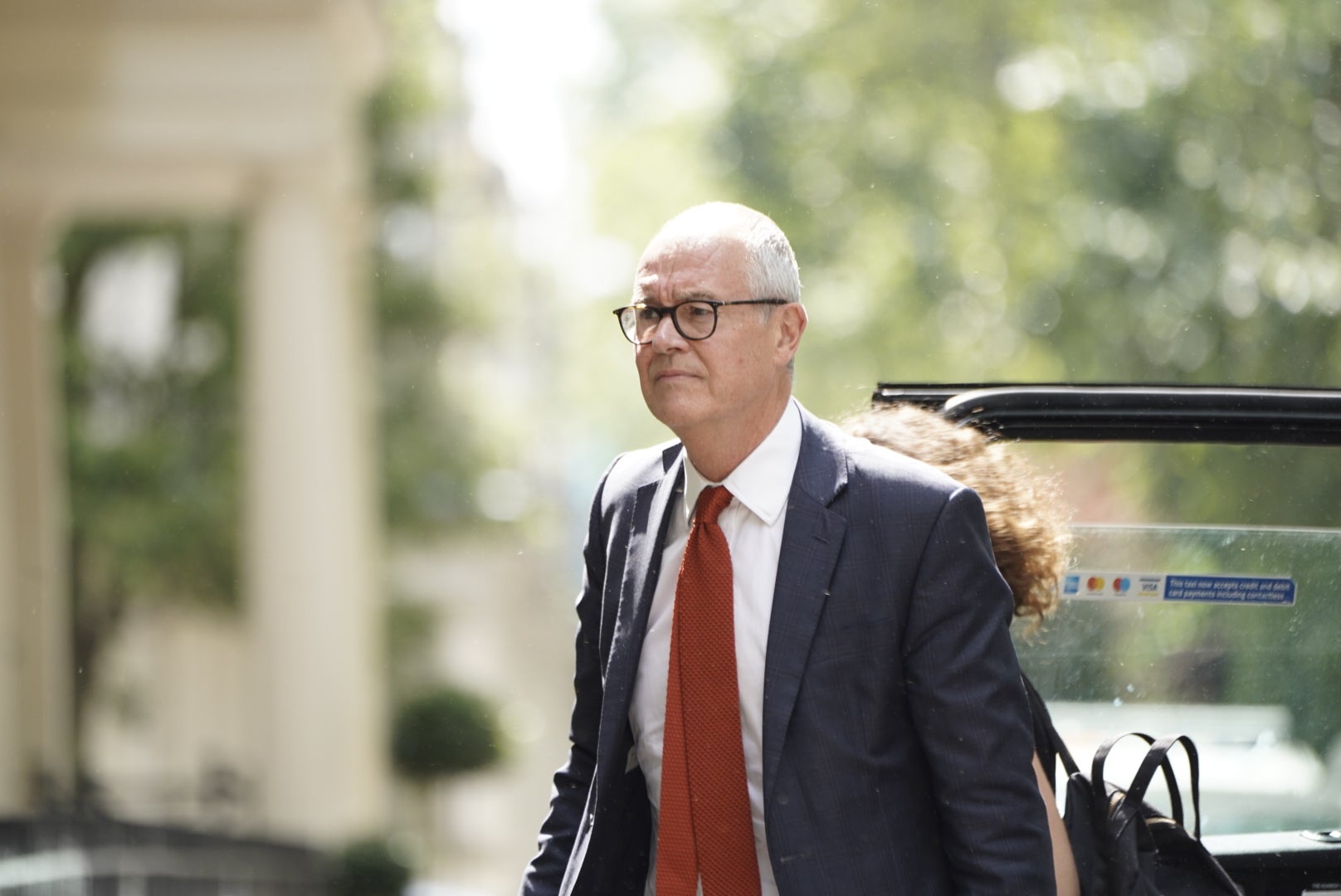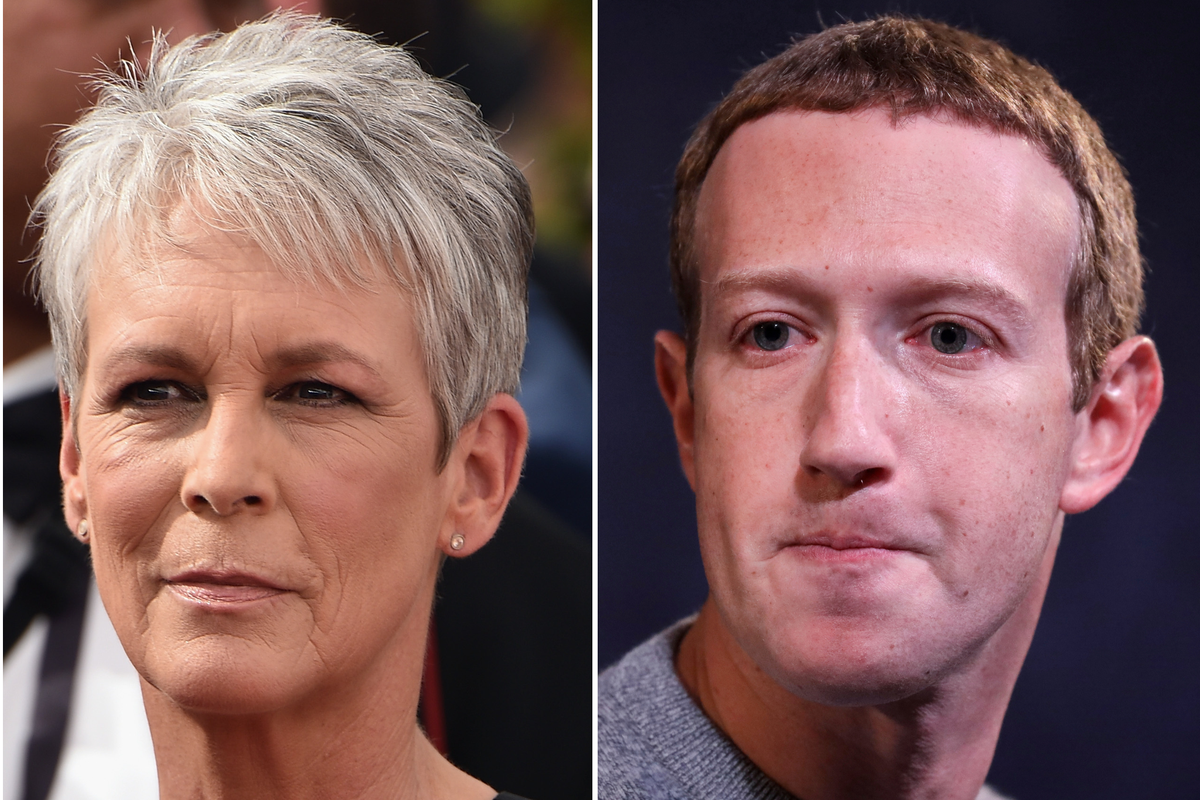ARTICLE AD BOX
The House of Lords continues to stand off with the Government in light of the recent Supreme Court ruling on the definition of a woman, with one peer arguing that passports can no longer be relied upon to verify someone’s sex.
On Monday, peers voted on measures to demand public authorities record sex data based on biological sex. An amendment to the Data (Use and Access) Bill was backed by 200 to 183, majority 17, a Tory change which aims to ensure collection of relevant information is based on “sex at birth”, “natal sex” or “biological sex”.
The Labour defeat came after a similar amendment was rejected by MPs and means a continuation of the tussle at Westminster, known as parliamentary ping-pong, where legislation is batted between the two Houses until agreement is reached.
Last month, top judges unanimously ruled the terms “woman” and “sex” in the Equality Act 2010 refer to a biological woman and biological sex.

Speaking in Parliament, science minister Lord Vallance of Balham said: “Let me be clear that this Government accept the recent Supreme Court judgment on the definition of sex for the purposes of equality legislation.
“We need to work through the effects of this ruling holistically and with care, sensitivity and – dare I say it – kindness. In line with the law, we need to take care not to inappropriately extend its reach.”
He pointed out the Supreme Court’s ruling related specifically to the meaning of sex in equalities legislation.
Lord Vallance added: “This Government are clear that data must be accurate for the purpose for which it is being used and must not be misleading.
“It should be clear to digital verification services what the information public authorities are sharing with them means.
“I will give an important example. If an organisation needs to know a person’s biological sex, this Government are clear that a check cannot be made against passport data, as it does not capture biological sex.
“DVS could only verify biological sex using data that records that attribute specifically, not data that records sex or gender more widely.”
But his Conservative frontbench counterpart Viscount Camrose said: “It is now very clear that we need accurate sex data recorded for a whole host of reasons, including for medical research and the protection of same-sex spaces.
“There is no reason why gender may not also be recorded in a separate field, and it is important that gender data is accurate too.”
Tory peer and former MP Lord Arbuthnot of Edrom also stressed the need for accurate data.
He said: “In the absence of any reliable document, how is a care home to ensure that a person who is to provide intimate care for an elderly woman, who has understandably demanded that such care be provided by a woman, will actually be provided by a woman?
“In the absence of anything else, I suspect a care home will have to fall back on the passport, which, as we have all agreed, is unreliable.”
Retired top judge Baroness Butler-Sloss said: “If we are to have data, the data must be accurate.”
Non-affiliated peer Baroness Fox of Buckley said: “The minister called on us to have kindness. Of course, we should all have kindness all the time, in every instance. However, nobody here is trying to be unkind. The intent is to clarify.”
The Government went on to suffer a further setback as the Lords supported by 289 to 168 votes, majority 121, extra safeguards against people’s data being harvested by AI companies without consent.
Independent crossbencher Viscount Colville of Culross said: “This amendment is a push-back against the way the AI companies have been abusing the use of people’s data in training their AI models.”
He argued the Bill as drafted gave “a powerful exemption” which allowed AI companies to reuse data without consent if they could show their work aligned with the definition of “scientific research” set out in the legislation.
Lord Colville added: “I fear that this definition is so widely drawn that it will allow AI models to reuse data without consent, claiming that they are carrying out scientific research when in fact they are using it for product development and their own profit.”
But Lord Vallance earlier told peers: “The Bill contains strong safeguards.
“Adding precise definitions in the Bill would not strengthen these protections but impose a significant, new legal obligation on our research community at a time when, in line with the good work of the previous government, we are trying to reduce bureaucracy for researchers, not increase it with new processes.”









 English (US) ·
English (US) ·